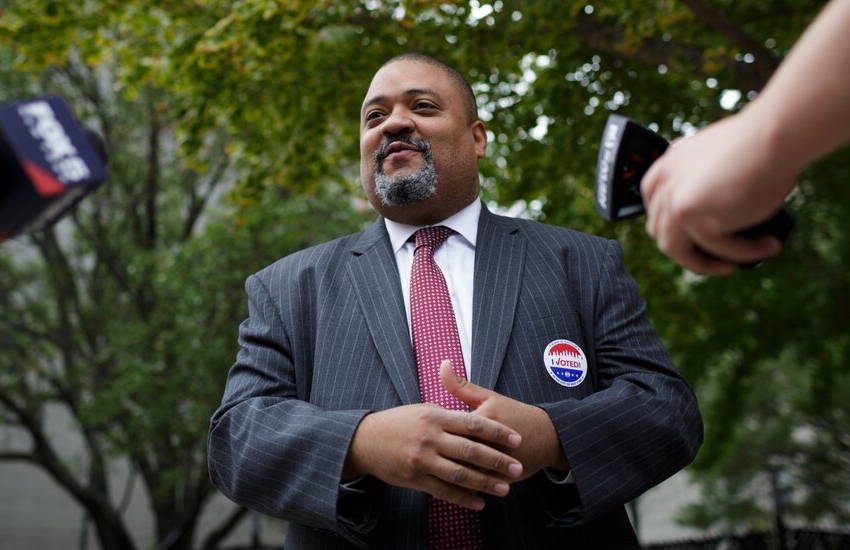“These policy changes not only will, in and of themselves, make us safer; they also will free up prosecutorial resources to focus on violent crime,” Mr. Bragg said in his memo.
The directive on resisting arrest was among those that Commissioner Sewell expressed most concern about. She said that it would send a message to police officers and others that there was “an unwillingness to protect those who are carrying out their duties.”
“I strongly believe that this policy injects debate into decisions that would otherwise be uncontroversial, will invite violence against police officers and will have deleterious effects on our relationship with the communities we protect,” she wrote.
Incoming N.Y.C. Mayor Eric Adams’s New Administration
Police Commissioner: Keechant Sewell. The Nassau County chief of detectives will become New York City’s first female police commissioner, taking over the nation’s largest police force amid a crisis of trust in American policing and a troubling rise in violence.
Commissioner of Correction Department: Louis Molina. The former N.Y.P.D. officer who currently oversees a public safety department in Las Vegas will be tasked with leading the city’s embattled Correction Department and restoring order at the troubled Rikers Island jail complex.
Chief Counsel: Brendan McGuire. After a stint as a partner in a law firm’s white-collar practice, the former federal prosecutor will return to the public sector to advise the mayor on legal matters involving City Hall, the executive staff and administrative matters.
Deputies. Lorraine Grillo will be the top deputy mayor, Meera Joshi will be deputy mayor for operations, Maria Torres-Springer deputy mayor for economic development, Anne Williams-Isom deputy mayor for health and human services and Sheena Wright deputy mayor for strategic operations.
Mr. Bragg has also instructed his prosecutors not to seek jail time for gun possession without an accompanying charge. The commissioner strongly objected to that policy, saying that it “affords people the opportunity to continually possess guns without consequence,” and calling it the issue that most directly affected officers’ safety.
Commissioner Sewell’s email, sent at about 8:30 p.m. on the Friday of Mr. Adams’s first week in office, capped a whirlwind day for the city’s top criminal justice officials. Earlier in the day, the new mayor announced a deputy mayor for public safety, Philip Banks III, only after Mr. Banks made the appointment public in an opinion piece in The Daily News.
Mr. Banks had faced significant scrutiny given his history as a subject of a federal corruption investigation that resulted in prosecutors naming him as an unindicted co-conspirator. Also on Friday, Mr. Adams’s brother, Bernard Adams, was named as a deputy police commissioner. Bernard Adams retired as a sergeant for the New York Police Department in 2006, and he has more recently worked as an operations manager and parking administrator at Virginia Commonwealth University, according to his LinkedIn profile.
It is unclear what Mayor Adams’s role in the commissioner’s memo might have been. Commissioner Sewell, an outsider to the N.Y.P.D. who had been the chief of detectives in the Nassau County Police Department, a far smaller agency, was his choice for police commissioner after a nationwide search, and she reports to him and to Mr. Banks. As mayor, Mr. Adams has the ability to dictate police policy and he has, throughout the campaign, maintained that he has every intention of using that power.










